Watch Parlour LAB 17, Designing histories, new futures, with design historians Catriona Quinn and Livia Lazzaro Rezende.
You can purchase access to the CPD questions below.
The stories we tell about the past actively shape our futures. Watch Catriona Quinn and Livia Lazzaro Rezende, two researchers who are developing nuanced and sophisticated understandings of design history and thereby opening up new potential futures.
Catriona and Livia share an interest in transnational frameworks and methodologies that challenge historical canons. Catriona’s work attends to previously overlooked designers, particularly interior designers, and investigates the roles of clients. It has led to a re-evaluation of a historically derided occupation and a more complex understanding of modernity in Australian architecture and interior design. As a Brazilian designer and researcher, Livia comes to Australia acutely tuned to the global south, and challenges the framing of our histories as allegedly being “at the peripheries” of design centres. She explores new collaboration methods in research and writing as a feminist model capable of breaking canonical bias and offering a new way of framing design. Together, they are now exploring new aspects of Australian design history through a study of the history of professional design organisations.
If you are interested to read the speakers’ work, check out the following recommendations:
Livia’s reflective piece on her ‘encounters with the archives’, which goes deep into why historians do what they do, and how urgent this work has become in the face of impending rise of fascism and coloniality: “Deep encounters” with the archives: reflections of a design historian in Brazil (in two acts), RMIT Design Archives Journal, Special Issue: Archives, edited by Professors Harriet Edquist and Sarah Teasley, pp.8-19.
Those interested in materials, and “the human capacity to understand and shape the physical world around us” might like to browse the online magazine Material Intelligence, edited by Glenn Adamson and the Chipstone Foundation (US) gorgeously designed and written from diverse viewpoints. Livia’s article ‘Amazon’s rubber saga’ (pp.8-13) is featured in the latest issue on Rubber.
A recent work on the professionalisation of design and installation of modern design in Brazil is the piece The emptiness and the fullness. Design education, modern design pedagogies and student protests in 1968 Brazil. This was commissioned by the Bauhaus Dessau Foundation for their project Schools of Departure. A digital atlas of Bauhaus pedagogy post-1933.
For those keen to know more about Catriona’s PhD findings, the theories are nicely distilled in a bite -ized format (explained through the case study of Noel Coulson’s client Loti Smorgon) in the Fabrications special edition edited by Catherine Townsend and Philip Goad as a Festschrift to celebrate RMIT Emeritus Professor Harriet Edquist (who first asked me “Do you have a PhD? Want to do one with me?). It’s behind the Taylor and Francis paywall, but any library will give access. Quinn, Catriona (2022): Re-evaluating Post-war Interior Design Practices through Client Histories: Loti Smorgon and Her Architect/Decorator Noel Coulson. In Fabrications: The Journal of the Society of Architectural Historians, Australia and New Zealand 32 (1), pp. 54-81. DOI: 10.1080/10331867.2022.2087271.
In terms of not just resurrecting but reframing women’s history in art and design, Catriona’s chapter “Margo’s Interior Design Practice” in the new book Margo Lewers No Limits (2022) subverts almost everything previously written and believed about her early, substantial but previously unresearched interior design work in the 1930s and 40s. At all good bookstores! Here’s an interview Catriona did about it.
Catriona’s research is rooted in material culture, museum collections and archives. Her three essays on the Society of Interior Designers of Australia, can be found as part of the major Finding Aid at the Caroline Simpson Library & Research Collection.
And finally, Canberra people might be interested to see the role historians can play in debates about contemporary practice by coming to hear Catriona speak on the panel event “From Silo to Collaboration” organised for Canberra design Week by the DIA.
CPD
1 formal point on completion of the CPD questions – purchase access to the questions below.
Once completed, you will receive an email from Google forms with your responses. Please keep this – it provides the evidence of attendance and completion. Please note, separate CPD certificates will not be issued. If you can’t find the email, remember to check your spam folder. See here for the overall learning objectives for the series.
Cost
- Parlour Collective – $11 (individuals and practices that have joined the Parlour Collective)
- General – $25
- Concession – $5.50 (anyone who needs it – students, those not working, part-timers etc)
We operate on an honesty system – select the ticket type that aligns with your circumstances. If you haven’t yet joined the Parlour Collective, join now to access discount pricing and many other benefits, and to support Parlour’s ongoing work! Purchase your tickets below. (If the form doesn’t work on your device, head to the trybooking page.)

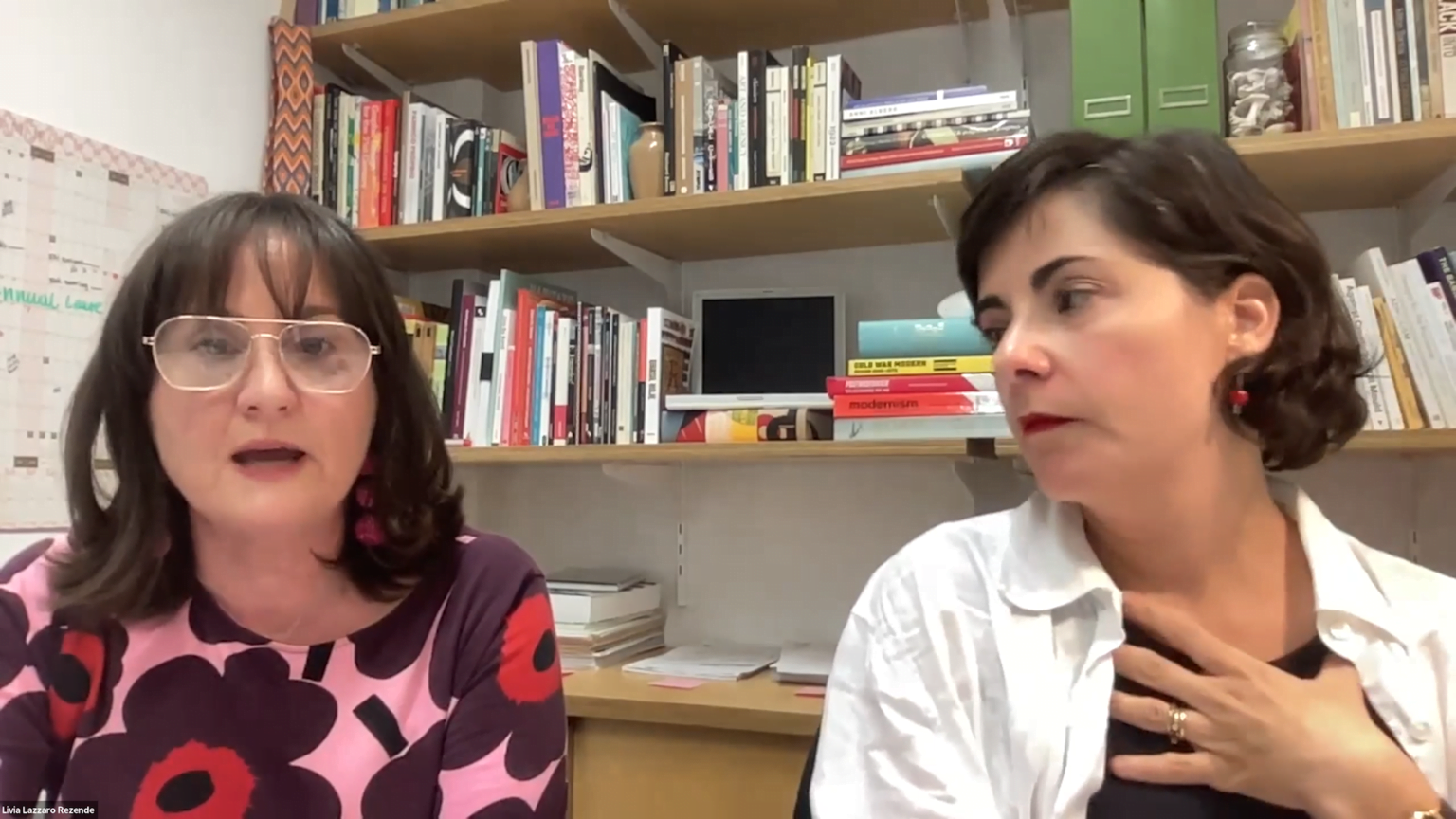
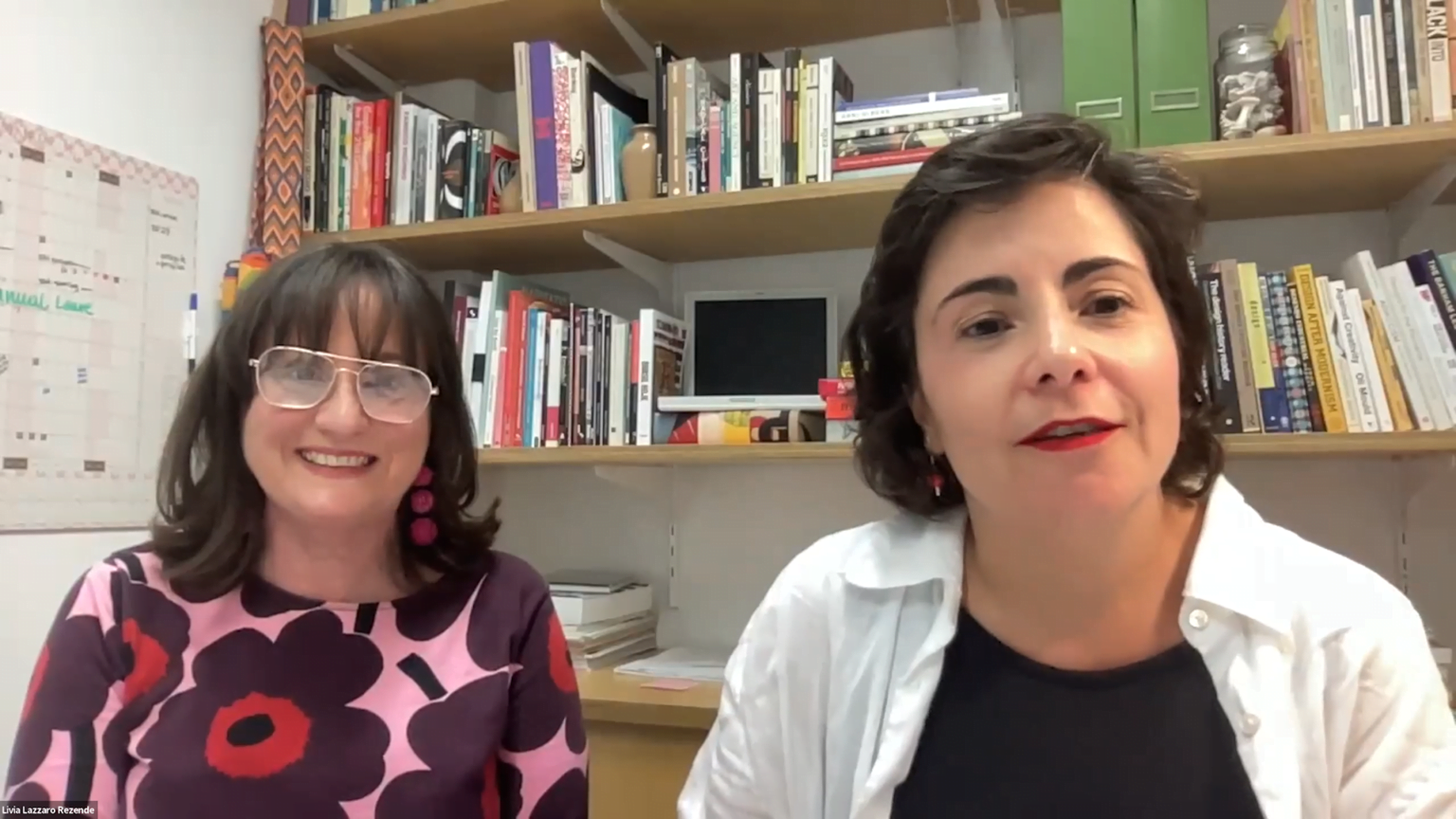
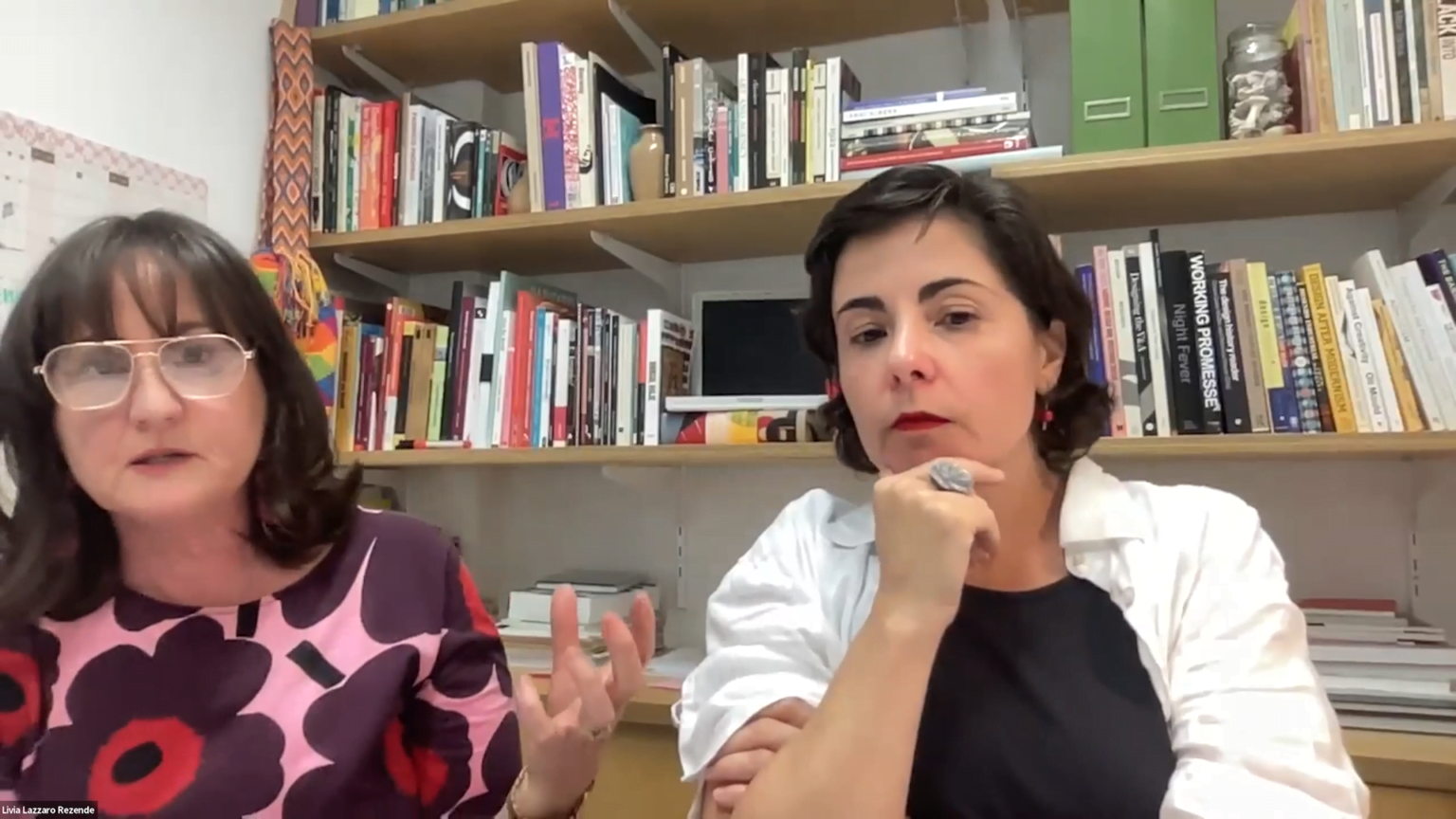
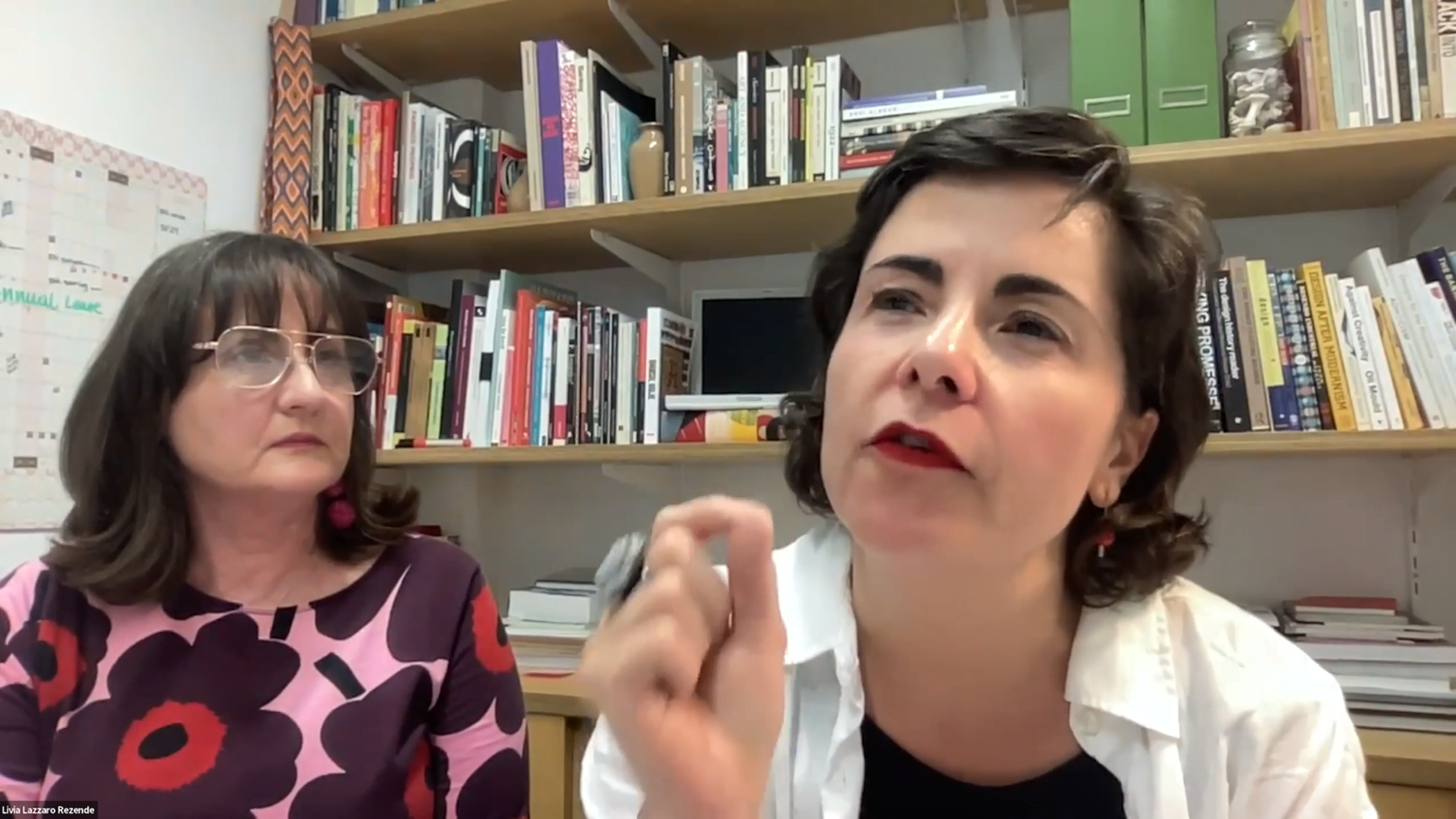
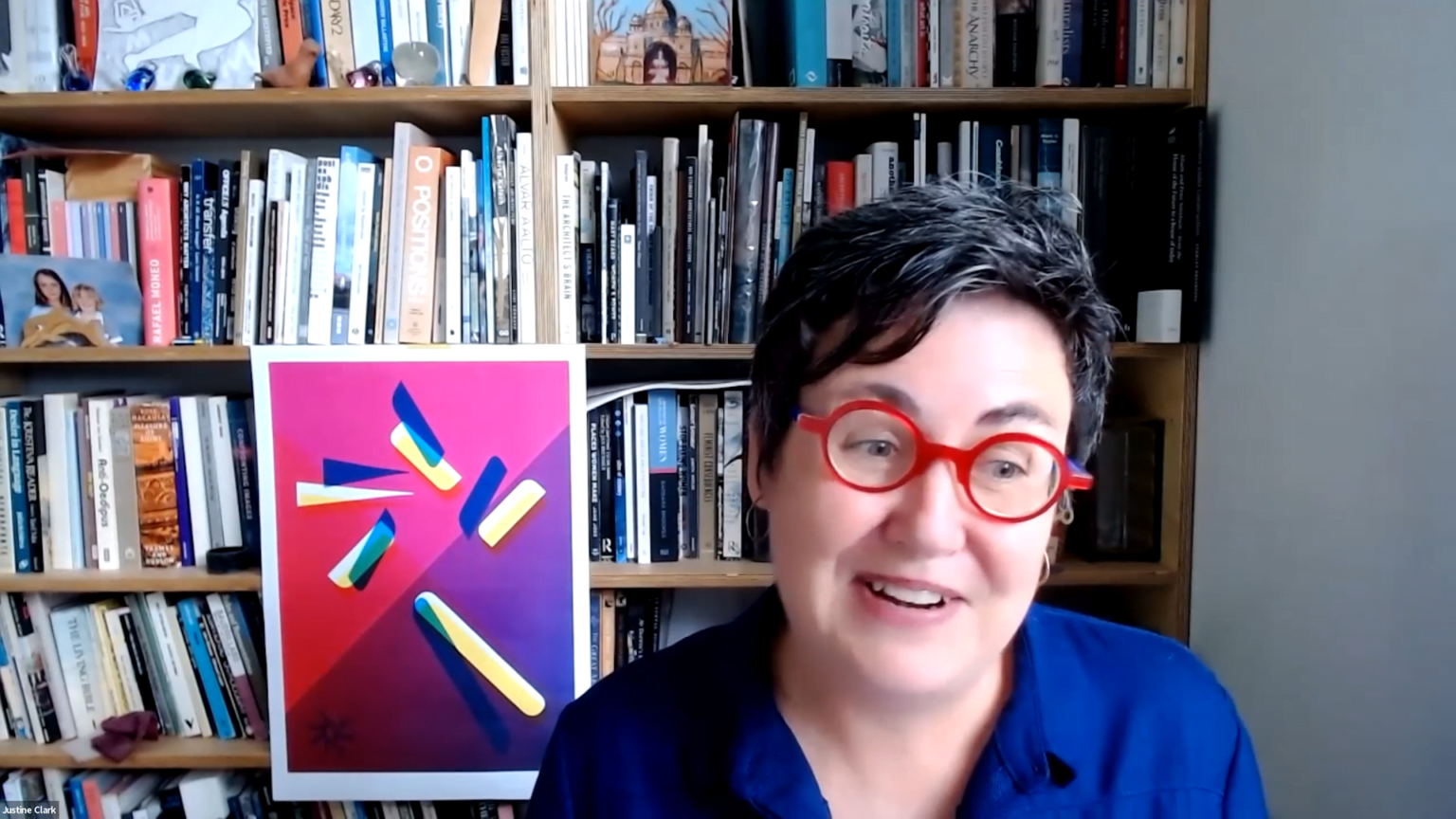
This session was recorded live online on Thursday 27 October 2022.


















